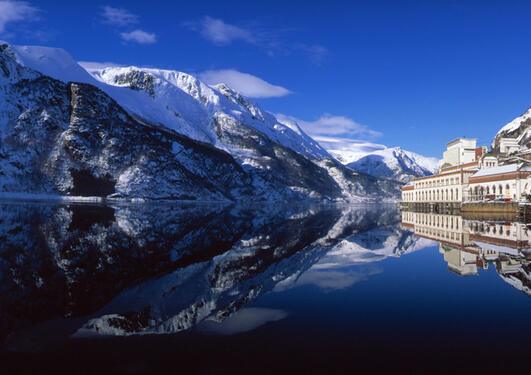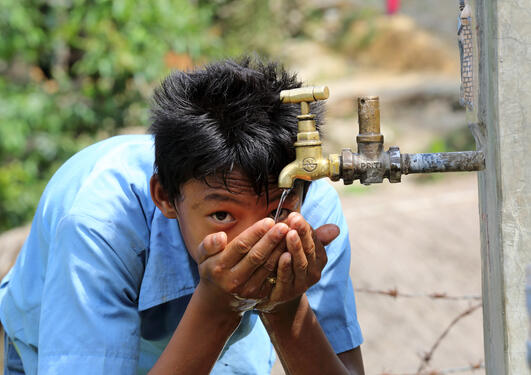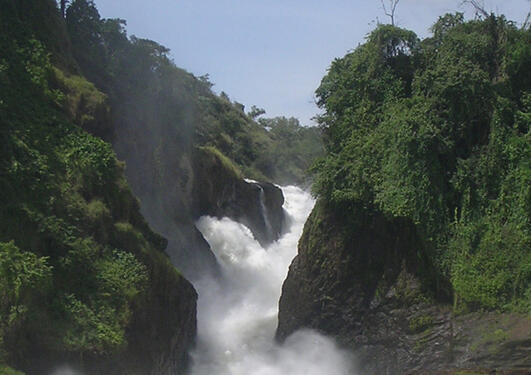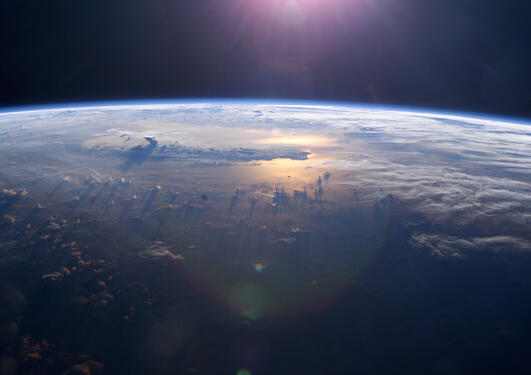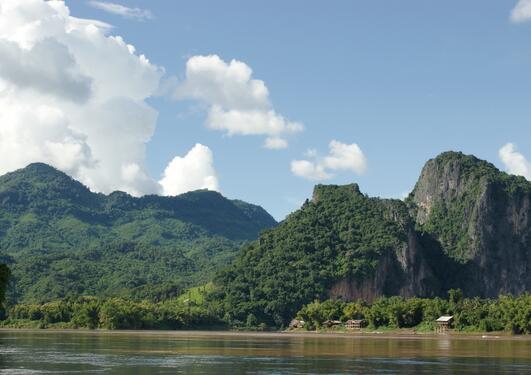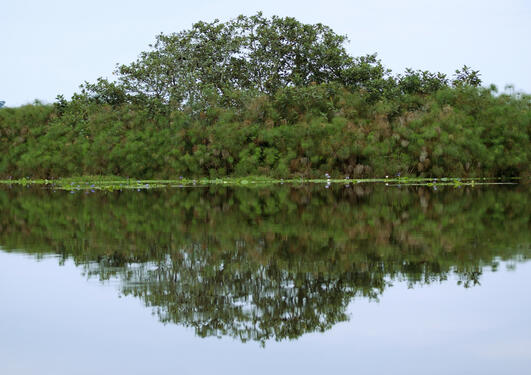Science for integrated marine governance

Hovedinnhold
Keith Brander
Emeritus, Center for Ocean Life, Technical University of Denmark
Presentation (pdf)
Global distillation is a geochemical process that can transfer POP (persistent organic pesticides) from low latitude application in agriculture to high latitude marine and terrestrial food chains where they are concentrated. I remember the shock of reading about this in the mid 1990s, since it so powerfully showed the interconnectedness and non-locality of processes on our small planet.
Nowadays we are familiar with such connections, particularly in relation to issues like climate change, but we struggle to develop the personal, social and political means to deal with the economic and ethical responsibilities that arise. The subject of my talk is smaller than this and asks “how we can overcome some of the obstacles within science in order to provide understanding and advice that can help to maintain healthy and sustainable marine ecosystems and the human communities that depend on them?”
The Nordic Seas are diverse and dynamic, showing great changes over the past century due to regional climate variability and now climate change. They are better studied than any other ocean area and are becoming a test-bed for effective ocean management that can provide a guide to how to study, monitor and protect other oceans. There are strong political commitments to sustainability in place and actions at all levels from individuals to enterprises and communities, to local, national and regional governance to bring this about.
Successful outcomes will depend on developing both the knowledge of the social and ecological systems and the tools for moving towards agreed goals across all scales. For scientists the challenges are how to produce relevant work that transcends disciplinary boundaries and how to communicate this effectively to the public, policy makers and stakeholders.
Breaking down disciplinary boundaries is not easy. Paradigms and language often differ and institutional structures may create career pathways that do not reward those who want to move out of the box. The scientific community and the funding processes that support it need to be more supportive of end-to-end broad multidisciplinary approaches. The marine science community around the Nordic Seas has more than a century of experience in trying to provide advice on management for sustainabilty and some of that experience is relevant to the wider global challenges that we now face.
This keynote is open to the public.

